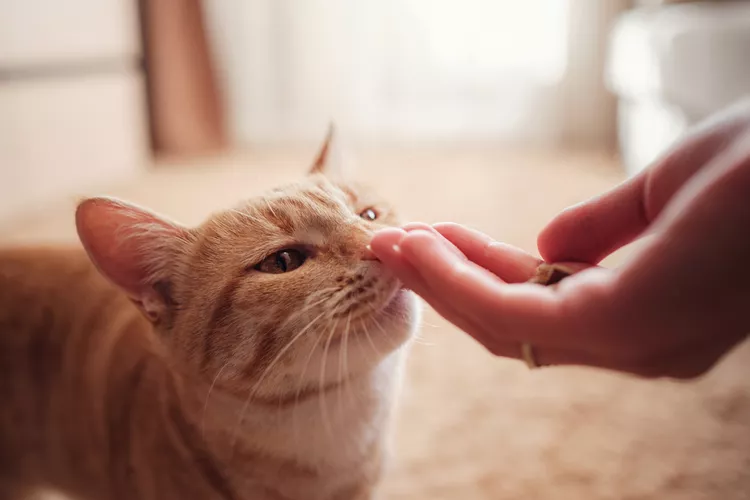
Cheese is a staple food item in most homes. In fact, it’s so commonplace, some pet owners may use it to hide pet medications in. Can cats eats cheese, though?
Cats are obligate carnivores, meaning they need animal protein in order to get all their required nutrients. That doesn't mean they only eat meat, though. In fact, one study showed that domestic cats, have a daily diet consisting of 52 percent protein, 36 percent fat, and only 12 percent coming from carbohydrates. So clearly they eat things besides meat. But does that mean they can and should eat cheese?
Cheese, like all dairy products, contains the milk sugar lactose. When kittens are first born, they have the proper enzymes to digest these sugars as they live off their mother’s milk for the first few months of their life. As they are weaned off of their mother’s milk, their production of lactulose, the enzyme needed to digest lactose begins to wane. In fact, by the time most kittens reach the age of one year, they stop producing it altogether. This means that most adult cats can’t actually digest lactose.
When an adult cat consumes anything with lactose, instead of being digested, the lactose is fermented in the intestines. This can cause both bloating and flatulence. Additionally, water is drawn into the intestines instead of out, causing diarrhea.
It’s important to note that the response of a cat’s gastrointestinal tract to dairy is not the same thing as to an actual food allergen. When a cat ingests a food they are allergic to, the physiological response is immune-mediated. When a cat eats dairy, they don’t get GI upset as a result of a food allergy but because they simply can’t digest it.
Cheese, like all dairy products, contains lactose, although not in as high of concentrations as actual milk. This is because of how cheese is made. Cheese making involves separating the curds, what is used to make cheese, from the whey. The whey actually contains most of the lactose, but some still exists in the curd.
Cow’s milk, whether whole, two percent, one percent, or skim has between nine and 14 grams of lactose. Pasteurized and processed American cheese, however, has just between 0.5 and four grams. So while cats can’t actually digest cheese, they can tolerate it in small amounts, or enough to be able to use cheese to hide medications.
Another thing to keep in mind is that cheese is a very calorie-dense food, and just a small amount can end up meeting your cat's calorie requirement for the entire day! Since pet obesity is a huge problem, don't forget to factor in calories of cheese when considering if you should feed it to your cat or not.
As eating a plant based diet becomes more popular in human culture, there are more and more cheese alternatives available on the market. You may be tempted to try non-dairy cheese for your cat as a way to get around the whole lactose thing, but this might actually be no better.
Some cheeses, whether dairy or non-dairy, may also contain herbs that may be more concerning than just lactose. Things like garlic and onion may be incorporated into some cheese varieties and both of these can be toxic to cats. In addition, non-dairy cheeses may contain more oils and fats than standard dairy cheese would. Fatty foods can lead to weight gain and may also cause GI upset, including pancreatitis.
If your cat manages to eat more than a few nibbles of cheese, don’t fret quite yet. Monitor your cat for GI signs, such as diarrhea and decreased appetite. If you fear they got into too much cheese, contact your local veterinarian or a pet poison hotline, such as the ASPCA Pet Poison Control.
Let them know what kind of cheese your cat got into and a rough estimate of how much you think they ate. They will be able to give better insight about what to watch out for, if veterinary medical attention is required, and what treatment should entail.
So, while some cats can tolerate cheese, they should only consume it in small amounts. Using it as a high value reward for administering medications or even training is usually fine, but it should not be a staple of their diet nor a treat given in high amounts.

Exploring the Different Types of Pet-Friendly Beaches
Are you looking for pet-friendly beaches? Learn about the different types of pet-friendly beaches, their locations, and tips for visiting them with your pet.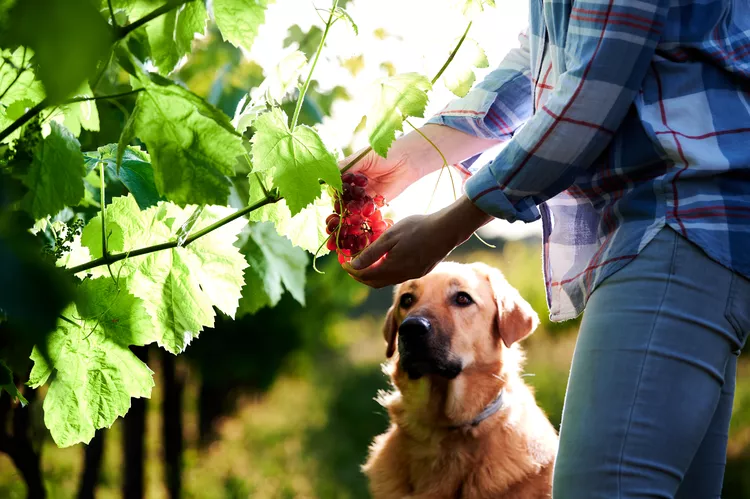
Exploring Pet-Friendly Wineries: Types, Locations, and More
Discover the different types of pet-friendly wineries, where to find them, and what to expect when you visit. Learn more with The Spruce Pets.
Why Is My Dog’s Eye Swollen?
If your dog's eye is swollen, she may need veterinary attention. The inflammation could be caused by allergies, an injury, or even a tumor.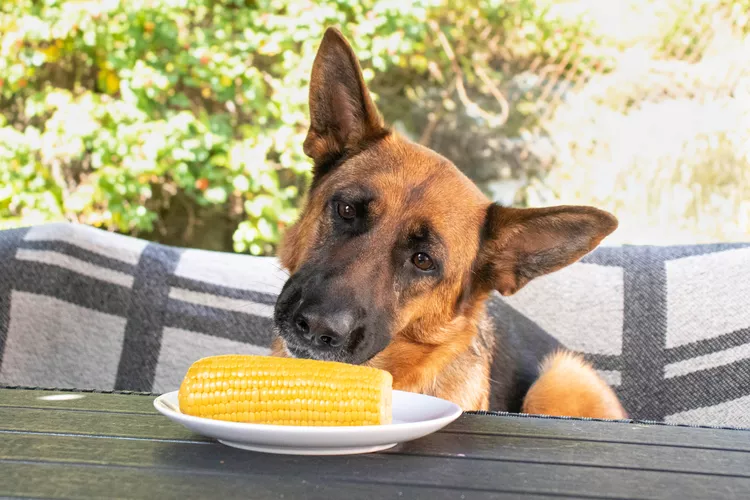
Can Dogs Eat Corn on the Cob?
Dogs love chewing on corn cobs, but this can cause serious harm. Learn about the dangers of corn cobs and find out what to do if your dog eats one.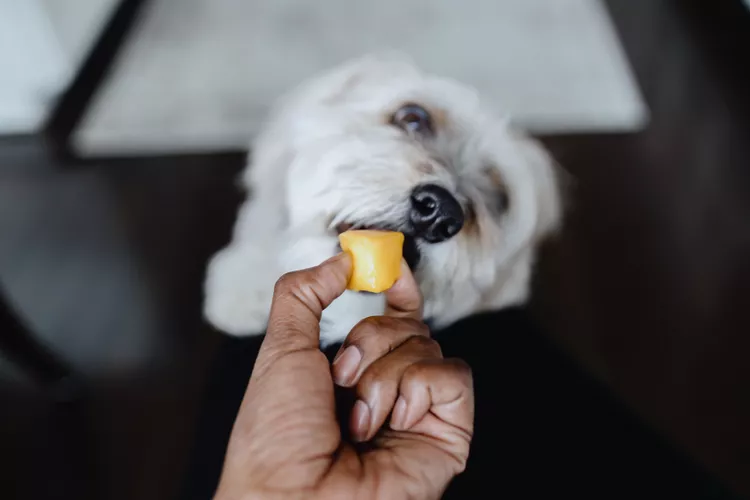
Can Dogs Eat Papaya? What to Know About Sharing This Tropical Fruit With Your Pup
Papaya is safe for dogs in moderation, and it can even provide some nutritional value for them. However, too much can cause digestive upset, and it's not suitable to share with dogs with certain health conditions.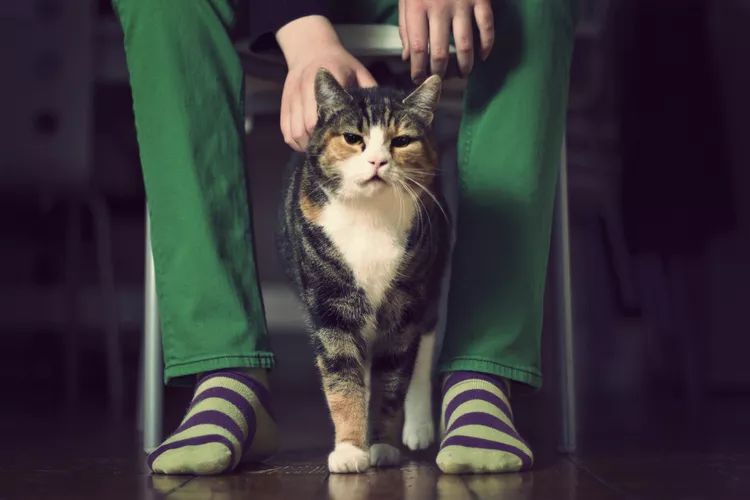
65 Irish Cat Names
Irish cat names can pay homage to historical places, local cuisine, famous Irish actors and musicians, or other wonderful aspects of the Emerald Isle.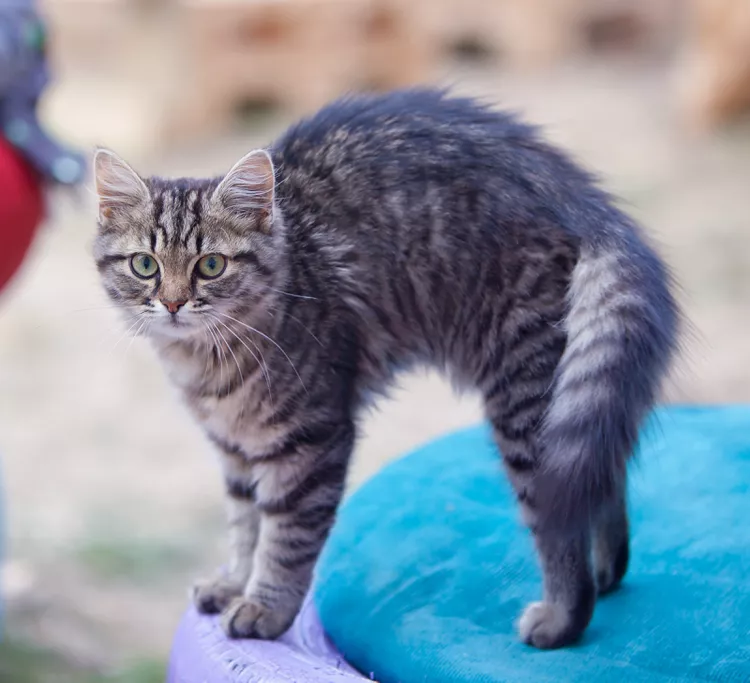
Feline Hyperesthesia Syndrome (FHS) in Cats
Rippling skin is more than dermal sensitivity in cats. It can be a sign of Feline Hyperesthesia Syndrome. Learn the causes, treatment, and prevention.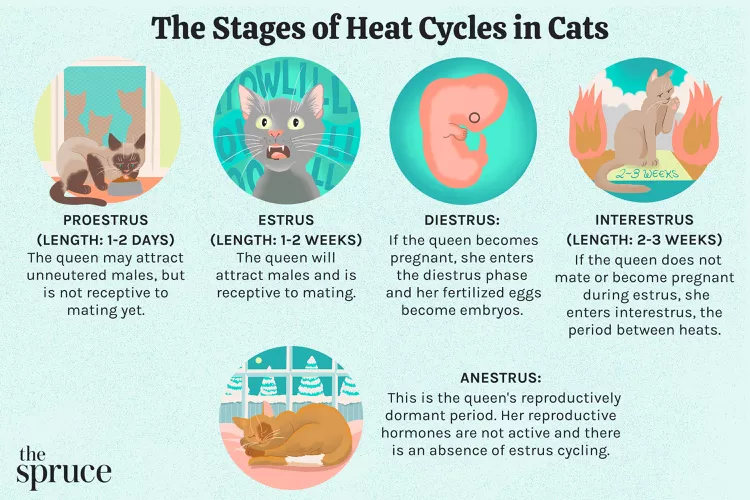
How Long Are Cats in Heat?
How long are cats in heat? Learn about the heat cycles of cats, also called estrus, as well as the reasons you should spay your cat.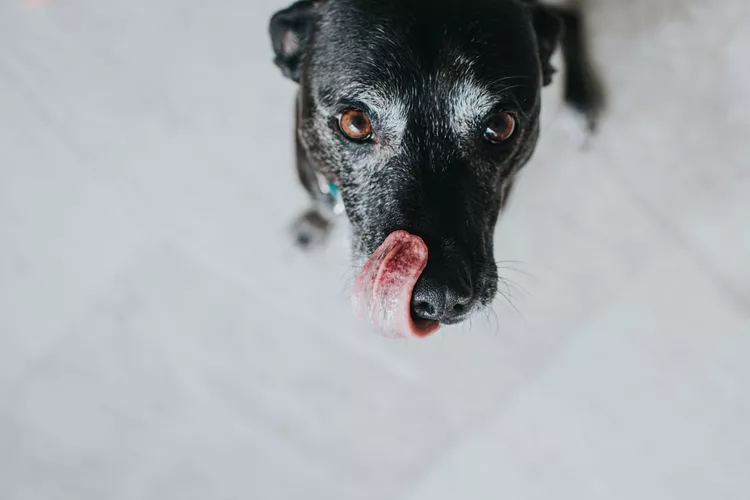
Can Dogs Eat Raw Chicken Feet?
What are the potential health benefits of chicken feet for dogs? What are the risks?
Is Eucalyptus Safe for Cats?
Many products containing eucalyptus are not safe for cats, and it is important to be aware of the risks to your cat.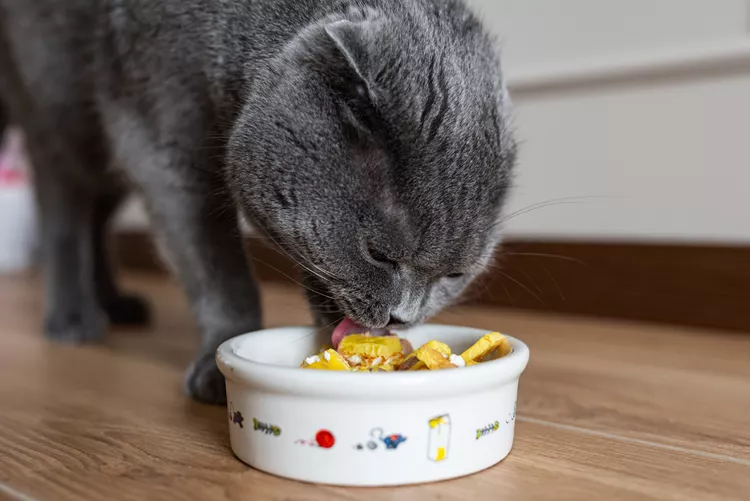
What You Need to Know About Homemade Cat Food
If you want to cook for your cat, make sure to read about the risks associated with homemade diets for cats
Can Cats Eat Peanut Butter?
Peanut butter is not toxic to cats, but it might not be the best choice of treat for them.
Can Cats Eat Cheese?
Can cats eat cheese? Is it healthy for them? How much can they eat and what should you do if you fear your cat has eaten too much cheese?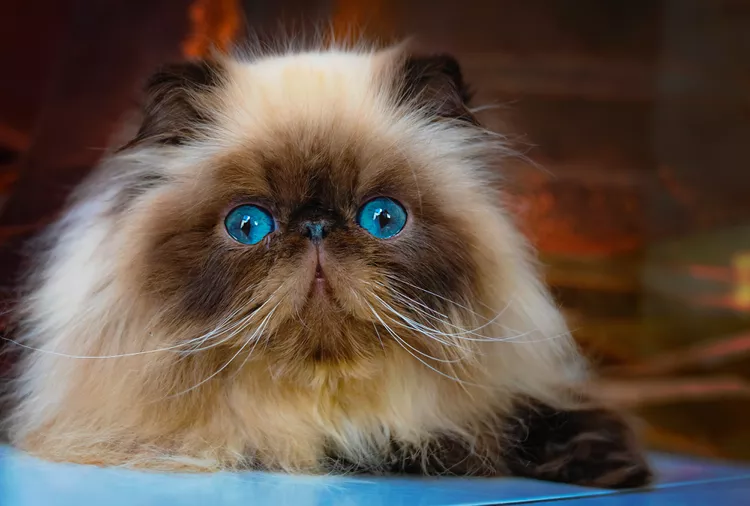
8 Flat-Faced Cats with the Cutest Smooshed Faces
These flat-faced cat breeds have a distinct and adorable appearance. Learn about their origins and traits, and the potential health risks tied to their unique facial structures.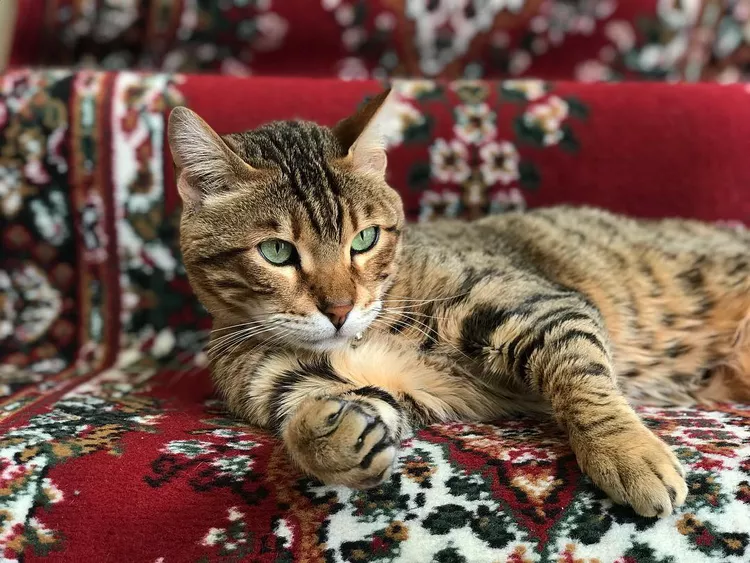
Pictures and Facts About Bengal Cats and Kittens
Bengal cats are a cross between wild cats and domestic cats. Learn more about what they look like and pictures of this beautiful spotted breed.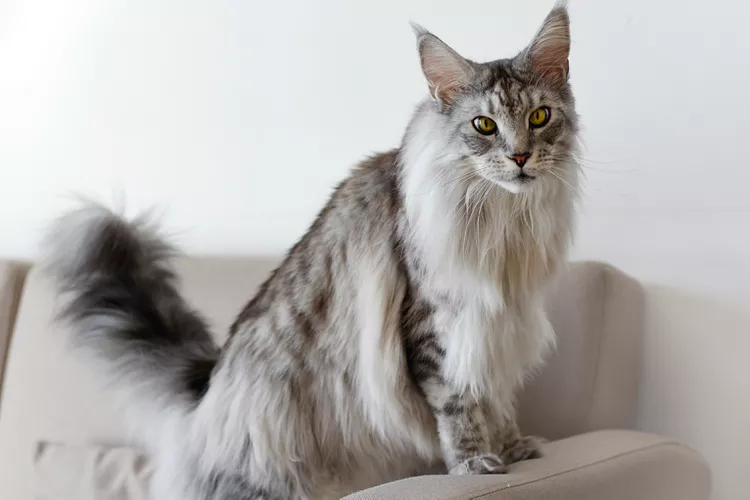
Top 10 Big House Cats
Larger cat breeds, like Maine coons and savannahs, deserve just as much love as their petite counterparts. These big house cats tip the scales.
Cairn Terrier: Dog Breed Characteristics & Care
The cairn terrier is a spunky, affectionate, and intelligent dog from Scotland. The breed became famous when one played Toto in The Wizard of Oz. Learn about the temperament, history, health, and care needs of the cairn terrier dog breed.
Reasons Why Dogs Grind Their Teeth
Some dogs grind their teeth. Learn why dogs grind their teeth and if it can be harmful. Find out what to do about teeth grinding in dogs.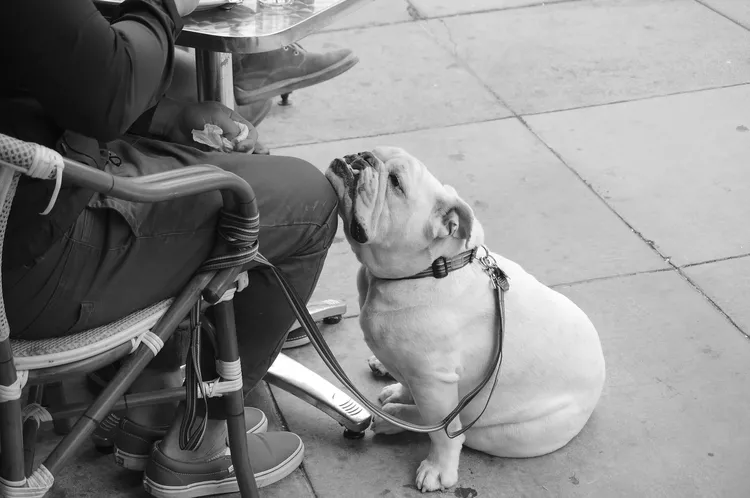
This Is Why Some Dogs Lean on People
Certain dogs really love leaning on their humans. What does this mean? Find out why dogs lean on people and if this is ever a problem.
Can Dogs Get Depression? How to Help Your Sad Dog
Can dogs get depression? Learn about the signs of depression in dogs and find out how to help your sad dog.